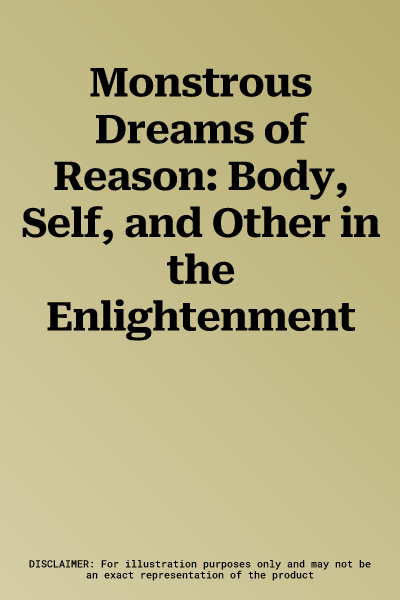Monstrous Dreams of Reason explores one of the most enduring and
intriguing paradoxes of the British Enlightenment: how reason gives rise
to both the beneficial and the monstrous. This collection of twelve
previously unpublished essays explores the conflicts sparked by the
extraordinary range of new ideas and material possibilities in the
eighteenth-century British Empire, reading the Enlightenment less as a
set of axioms than as a variety of cultural and ideological formations.
The essays demonstrate how profoundly eighteenth-century formulations of
gender, race, class, and sexuality have, through their challenges to a
less empirical, rational, and universalizing past, set the terms for
debates in the centuries that followed. They explore a wide range of
texts, from Georgic poetry to crime stories, from illness narratives to
travel journals, from theatrical performances to medical discourse, and
from political treatises to the novel. Exemplifying different
methodologies and theoretical perspectives, yet addressing a nexus of
important cultural and critical issues, Monstrous Dreams of Reason makes
a telling and exciting intervention in the ongoing debate about the
Enlightenment's identity as a history of the present, and as a crucial
moment presaging the modern and the postmodern condition.

